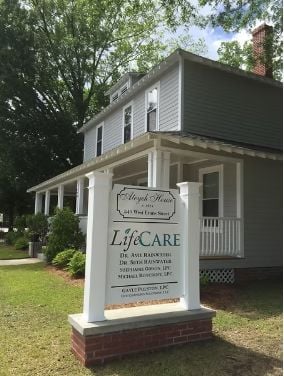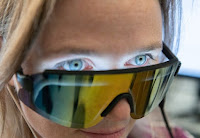
Flickering Light Mobilizes Brain Chemistry That May Fight Alzheimer’s
Researchers say exposure to light that’s pulsing at 40 beats per second causes the brain to release a surge of chemicals that may help fight Alzheimer’s disease.

Researchers say exposure to light that’s pulsing at 40 beats per second causes the brain to release a surge of chemicals that may help fight Alzheimer’s disease.
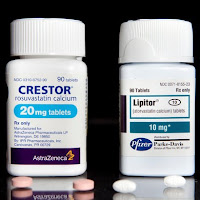
Statins certainly seem to lower the risk of Alzheimer’s. On the other hand, they can sometimes cause temporary memory loss, which does go away if one stops the statins. Find out what you need to know to strike the right balance.

People with Parkinson’s were given the oral drug rivastigmine (brand name Exelon®). They were 45% less likely to fall and were considerably steadier when walking. Learn more about this dementia drug and fall prevention.

In 7,000 people with Alzheimer’s, those taking high doses of common Alzheimer’s drugs saw their rate of heart attacks drop in half. Find out more about these medications.

Hospitals are the place to go for serious medical care. Typically, the care is followed by the question, “Would you like to stay a day or two for observation, or leave now?” In a dementia such as Alzheimer’s, what’s the right thing to do?

Treatment for moderate to severe Alzheimer’s is available in an extended-release formulation. Learn how Namenda XR (generic memantine) offers a more convenient way to take this Alzheimer’s medication.
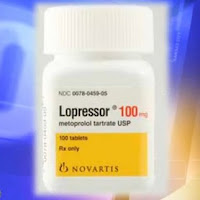
People taking blood pressure drugs may be less likely to get Alzheimer’s disease and other types of dementia. Learn about this study’s results and which drugs are best.

VIDEO + ARTICLE: Researchers say compounds found in green tea, red wine, cocoa and certain fruits and nuts were found to diminish amyloid plaques with
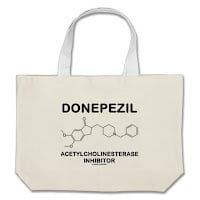
GOOD NEWS: Donepezil (Aricept®), approved for Alzheimer’s, also passed a long-term trial for Dementia with Lewy Bodies (DLB). Get the details on the medicine’s positive
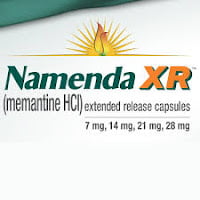
OFF-LABEL MEDICATIONS: Memantine (Namenda / Ebixa) is FDA-approved for Alzheimer’s. Learn how it significantly improves memory and attention in Lewy Body Disease, Parkinson’s and various

There is more to us than our brains and our bodies, says dementia expert Teepa Snow. “There’s more to us than that … When we’re together, we become more.” Watch now.

Berkeley researchers reveal deep sleep might protect memory—even in the face of Alzheimer’s. Could your nightly rest be the brain’s best defense?
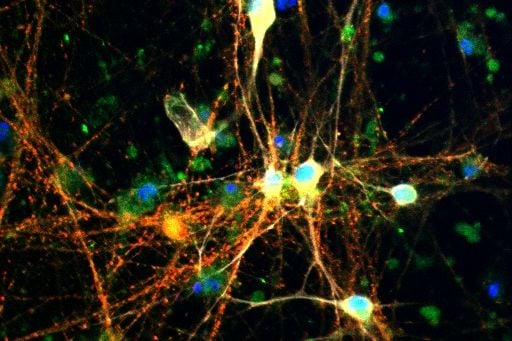
A new Buck Institute discovery reveals neurons process sugar in a surprising way— and unlocking this “brain sugar” pathway could lead to powerful Alzheimer’s treatments.

SHORT-TERM MEMORY lapses are obvious signs of Alzheimer’s, but other tell-tale signals begin to show much earlier. Learn how to look for semantic impairments, such as simple questions about size.

Three important dementia studies focus on HS-AGING, a type of dementia almost as common as Alzheimer’s in the 85+ group. Yet few people have heard of it. Why? What makes it different?

An intriguing study of 120 grandmothers might surprise you. Doctors know socially engaged people have better cognition and less dementia. But can a person get too much of a good thing? What’s the right balance?

Enjoy this great duet between a musician with dementia and his son. A triumph of spirit over Alzheimer’s! Sing-a-long if you like!
No spam, only news and updates.


